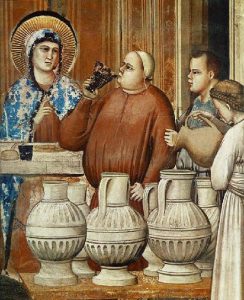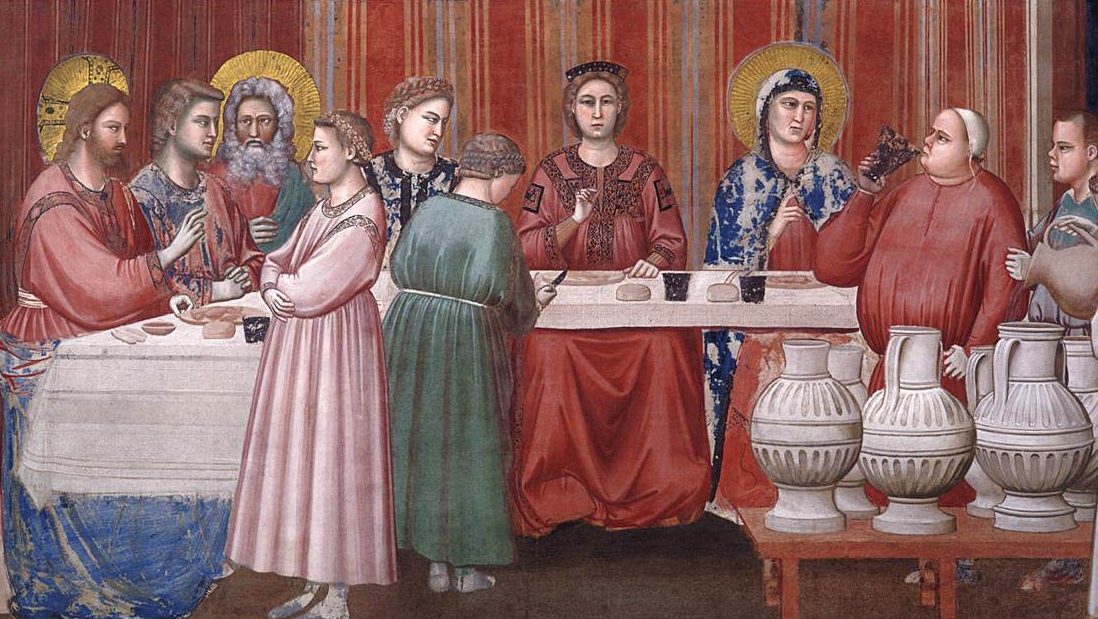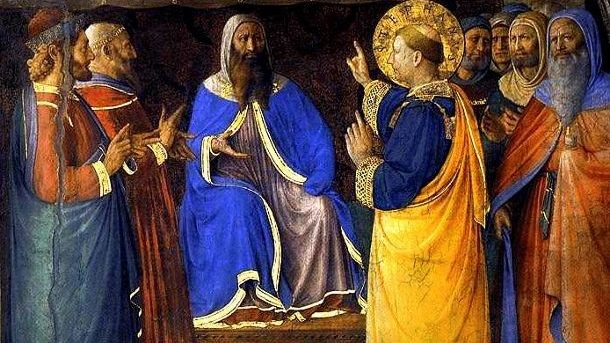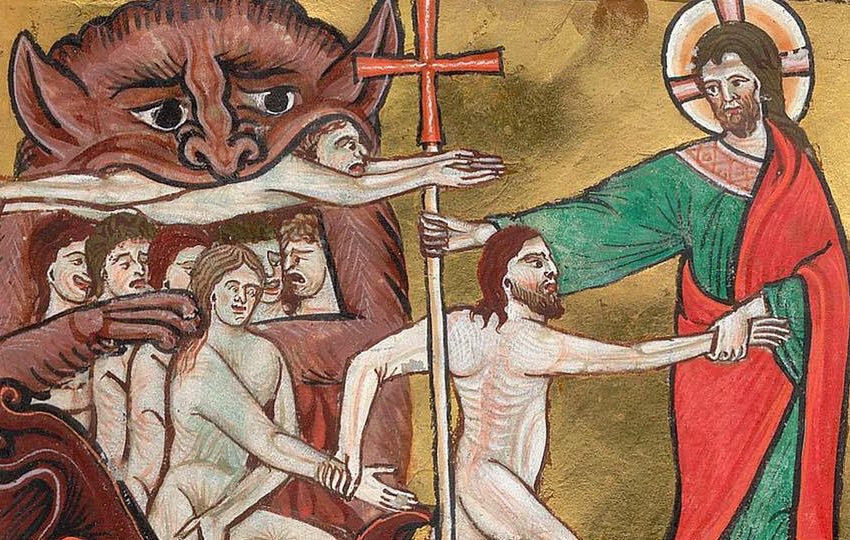Rites of Passage: New Name, New Wine, New Life
2nd Sunday in Ordinary Time (C)
A new year is a time for new beginnings, something often associated with rites of passage. This is a familiar concept to college students, as college itself is something of a rite of passage from adolescence into adulthood. The actual term “rite of passage” was coined by German anthropologist Arnold van Gennep in the early 20th century. He observed that all the diverse cultures of the world seemed to follow a similar pattern when it came to observing major life events such as birth, coming of age, marriage and death. These rites of passage, as he called them, took many different forms but tended to follow the same basic pattern: separation (or what we might call a symbolic death), followed by a liminal stage where one receives a new identity, and finally incorporation into a new community. This pattern is so universal that it seems built into human nature.
In fact, if we look at how marriage is first described in Genesis 2:24, we find this same pattern. “A man leaves his father and mother” (separation/death to former life), “and clings to his wife” (new identity), “and the two of them become one body” (incorporation). I point this out because we begin the season of Ordinary Time this Sunday with a reading from Isaiah in which God promises salvation through a marital union between Himself and His people.
He will give us a new name (Is 62:2). We will no longer be called “forsaken” or “desolate” but “my delight” (Is 62:4), because God will delight in us. That’s surprising! We might think of ourselves taking delight in God, but don’t often think of God delighting in us. But He does! He delights in us so much that he wants to marry us. “As a young man marries a virgin, your Builder shall marry you; and as a bridegroom rejoices in his bride, so shall your God rejoice in you” (Is 62:5). This is why the Church has always referred to herself as “she” and to God as “He”: because our covenant relationship with God is a marital covenant. The Church is the Bride of Christ and Christ is the Bridegroom. Yes, the Church is also the Body of Christ, but we are His Body precisely because He has made us His Bride. (“The two shall become one body.”)
God heals our flesh by giving us His flesh. He restores our life by giving us His life. He renews our spirit by giving us His Holy Spirit — the one Spirit in which all members of the Church share, as St. Paul mentions in our second reading (1 Cor 12:4-11).

It shouldn’t surprise us, therefore, to find Christ, our Bridegroom, inaugurating his public ministry of proclaiming the kingdom of God at a wedding. In this Sunday’s gospel (Jn 2:1-11) we read about the wedding feast at Cana where Jesus takes ordinary water and transforms it miraculously into extraordinary wine. The Hebrew term for “miracle” literally means “sign,” and this miraculous wine is a sign of the new life God wants to give us.
Water is good because it is necessary. We need water to live. Wine is better because it is not necessary. It’s a luxury. We drink water every day but we drink wine to celebrate (some people celebrate every day). The wine Jesus created at His first public miracle wasn’t just ordinary wine, but the best wine; so good that the headwaiter remarks about it. It’s the kind of wine Isaiah describes at the marriage feast in heaven when God will provide “a feast of rich food and choice wines; juicy, rich food and pure, choice wines” (Is 25:6). This is the abundant life God promises to those who enter into his marital covenant.
So how do we say “I do” to God’s marriage proposal? Just as in ordinary marriage, there are signs and rituals to mark this rite of passage: signs given to us by Christ Himself.
The rites of passage observed by anthropologists should sound familiar to those acquainted with the Catholic sacraments. In Baptism we die to our former selves and rise a new creation in Christ. Having been born into new life, we need a new name. Our new name is Christian (meaning “little Christ”). We receive this name at our Confirmation, when we are anointed with the Holy Spirit (Christ means “anointed one”). Finally we are incorporated (from the Latin corpus, meaning “body”) into the community (from “communion”) in the Holy Eucharist. The sacraments of initiation are the rite of passage God gives us as our marital covenant with our Maker.
The reason why every human society has similar rites of passage is because God made us precisely for this union. It is a pattern built into our nature, as is marriage itself, the primordial sacrament instituted in us by God at our creation. They are signs signifying the great reality that you and I were made for nothing less than union with God. Nothing short of God will ever make us truly happy, because God has made us for Himself. As a bridegroom rejoices in his bride, so our God rejoices in us (Is 62:5).
If you are interested in receiving the Sacraments of Initiation (Baptism, Confirmation, Eucharist) to be in full communion with the Catholic Church, our ministry can help. Please see this page for more information.



